Security is a major concern for Internet of Things users
A survey by mobile and Internet security firm BullGuard of over 6,000 UK residents has illustrated just how widespread the Internet of Things (IoT) has already become, while also highlighting serious security concerns among consumers.
IoT is growing and will become more pervasive in the near future as consumers, whether knowingly or not connect more smart devices to the internet. Many consumer household items are now smart or internet enabled by default. Additionally over a quarter of consumers in the survey are planning to buy IoT devices in the next 12 months alone.
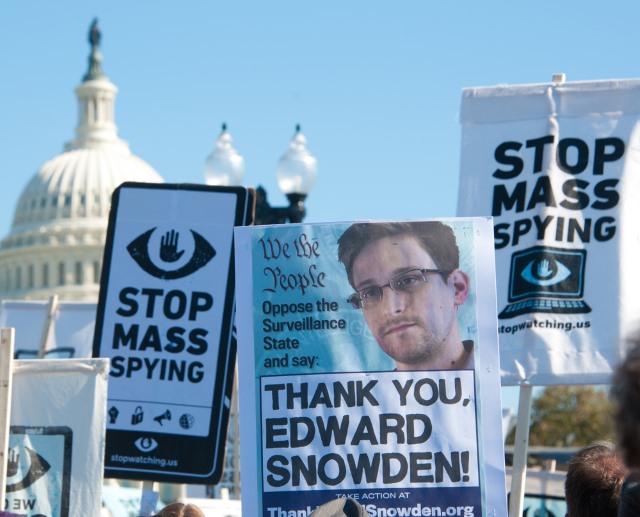
Snowden: I couldn’t trust Microsoft so I used free software like Tor, Tails and Debian
At the Free Software Foundation's LibrePlanet 2016 conference, Edward Snowden credited free software with enabling him to blow the whistle about government surveillance. Speaking via video link from Russia, the former NSA contractor said that "what happened in 2013 couldn't have happened without free software".
But as well as indicating his preference for free, open source software, Snowden revealed that he refused to use Microsoft software because he "couldn't be sure" that there weren't backdoors built in.

TeslaCrypt 4 ransomware now features unbreakable encryption and is even more dangerous for victims
Apple might be currently talking about its unbreakable encryption and how it's a good thing for privacy, but the FBI ruing it. The privacy arguement certainly stannds up to scrutiny, but strong encryption can also be used as a weapon, as demonstrated by countless examples of ransomware. There are numerous breeds of ransomware out there, but one of the most prolific is TeslaCrypt.
It's just a year since the first version of TeslaCrypt appeared on the scene, and it's gone through various updates and iterations over the ensuing months. Now it's hit version 4 and as well as continuing to threaten victims with sharing their files online, it also boasts what is being referred to as 'unbreakable encryption'.

Just Google it: Anyone could have 'hacked' and doxxed Trump like Anonymous
Shortly after hacking into Donald Trump's voicemails and leaking messages, Anonymous declared all-out war on the presidential candidate. Earlier this week, the hacktivist group launched #OpWhiteRose and doxxed the republican candidate.
Personal information about Trump -- his cell phone number, social security number and other details -- were released last week, with the group saying they were provided on the understanding that "you alone are responsible for your actions, as always". But rather than being the fruit of an elaborate hacking operation, anyone with the nous to use Google and Wikipedia could have gathered exactly the same information for themselves.
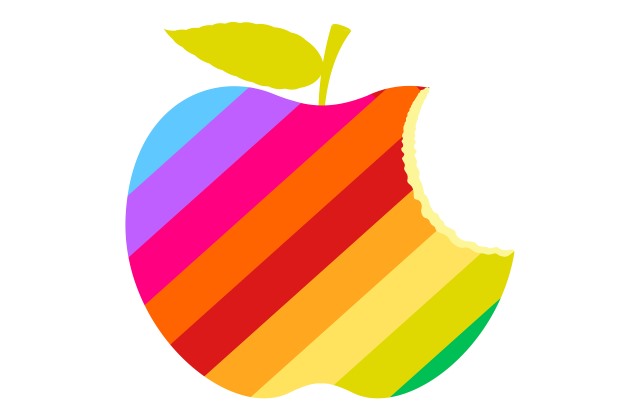
Apple's fight with the FBI is about LGBTQ issues as well as privacy
As the battle between the FBI and Apple rumbles on, the debate about encryption has intensified, bringing with it renewed discussion about privacy. There are few people who would want to give up their right to privacy and allow unrestricted access to their personal communication, but there are some for whom privacy is even more important.
Tim Cook is just one of the voices shouting that a backdoor for the government would be a backdoor for anyone. Most people and companies have sided with Apple saying that rather than backdoor access, what's needed is stronger encryption, greater security, even more robust privacy. It's something that has the support of people from all walks of life, but it's an issue that's very close to the hearts of the LGBTQ community.
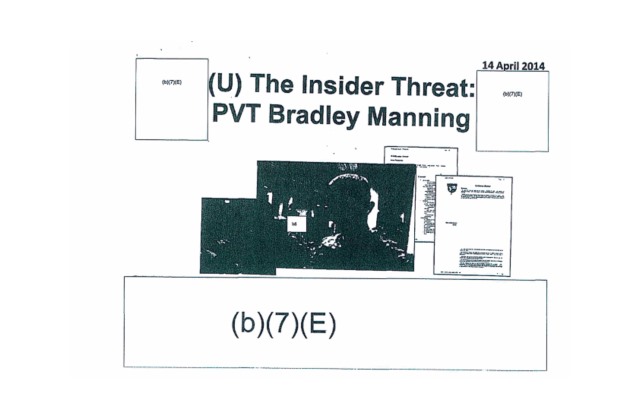
Chelsea Manning: Insider Threat document shows US government employees are under surveillance
The US government is busy putting thousands of its own employees under 'permanent surveillance' according to a document obtained by Chelsea Manning. In the wake of leaks by the likes of Edward Snowden and WikiLeaks, the government set up the Insider Threat program in an attempt to nip future leaks in the bud.
It's a while since Manning was in the news, the last notable appearance being when the solider formerly known as Bradley Manning joined Twitter from prison. But the latest document released by Manning -- obtained using a freedom of information request -- shows that the government is not afraid to use NSA-style tactics on its own employees.

Off-the-shelf BYOD systems bring privacy and security risks
When companies allow staff to use their own systems to access corporate data, the devices used can often be outside of IT department control.
But how much of a security and privacy hazard is presented by a new off-the-shelf laptop? Security company Duo Labs set out to discover the risks by buying a number of OEM Windows 10 machines in the US, Canada and the UK and testing them for vulnerabilities.

Cooperating with the good guys: Is NSA snooping really that bad?
Ever since Edward Snowden, a former US National Security Agency (NSA) contractor, leaked information about the internet spying activities conducted by the NSA, there has been an unrest among Americans. The main concern for most people is that their privacy has been intruded without their permission.
Many Americans are also worried about the things that the NSA and the US administration could do with access to such "private" data. And the revelation about several tech giants, including Yahoo and Google, being involved has probably made people even more circumspect about using online services based in the US.
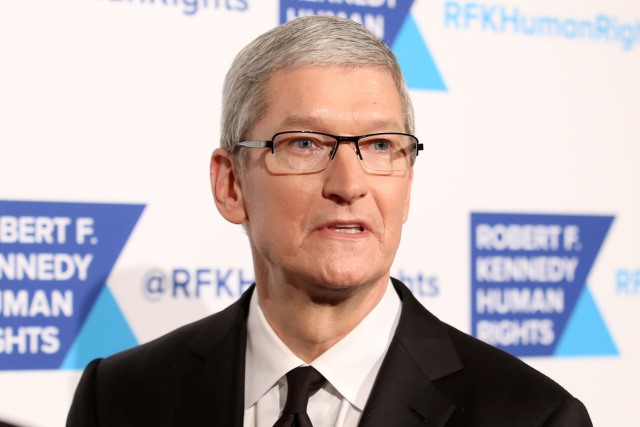
Apple vs FBI: Tim Cook concedes helping authorities is a theoretical possibility
In the Apple vs FBI fight, the issue is very black and white for many people; you support Apple's position of standing firm against the FBI, or you believe the FBI should have unfettered access to whatever data it wants, regardless of the consequences.
Tim Cook has been steadfast in his position, but in an interview with TIME the Apple CEO admits that the situation is not entirely binary. Presented with a thought experiment Cook appears to concede there are gray areas, opening up the possibility of assisting the FBI to break into the San Bernardino shooter's iPhone.

Druva extends data protection to popular enterprise cloud apps
The increasingly decentralized world of work means that data can be in many different places, on desktops, mobile devices, or in the cloud.
This creates challenges for security and governance, especially if there's a need to adhere to legal and compliance rules. Data protection company Druva wants to guard information wherever it's stored and is extending its inSync offering to cover Box, Google Apps for Work and Exchange Online.
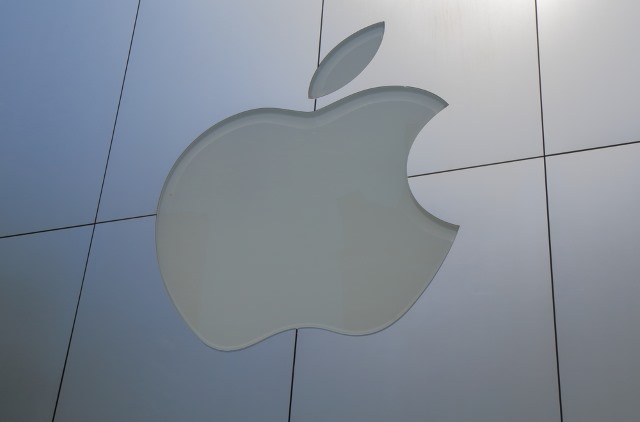
Majority of IT pros support Apple in legal fight with FBI
Encryption is a must-have in today’s digital communications, IT pros agree, adding that what the government is (trying to) achieve with surveillance could mean the death of privacy altogether.
Those are the results of a new survey conducted by security firm AlienVault. It surveyed the attitudes of more than 1,500 IT (including security) professionals about today’s privacy, and came up with interesting results -- 34 percent believe the government should be able to eavesdrop on communications for the purposes of national security.
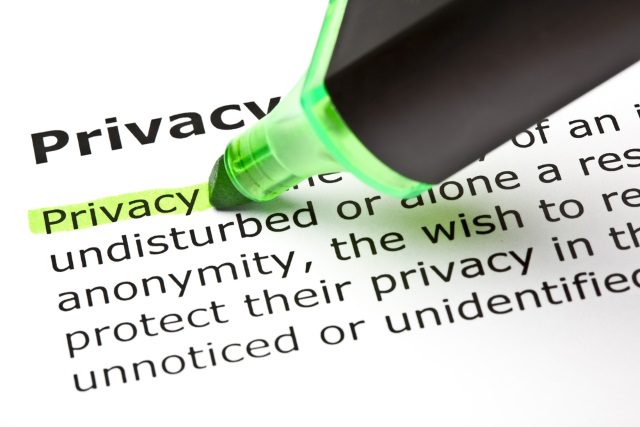
Most IT professionals believe current privacy and consent tools are inadequate
The regulatory environment for data is in a state of change at the moment with many countries introducing legislation to control the flow of information. This combined with growth of the IoT and digital economy is posing major challenges for business.
A new survey by identity management company ForgeRock finds 96 percent of surveyed IT professionals agree that there is an increasing need for dynamic and flexible privacy tools. And that these need to be adaptable to future borderless regulatory requirements and consumer expectations.

Registration-as-a-service makes for easier customer authentication
With so much choice available online, if a business doesn't deliver on meeting customer expectations then it's likely to lose out. One of the main challenges in keeping customers happy is delivering effective authentication while maintaining security.
Identity management company Gigya is releasing a new registration-as-a-service (RaaS) offering to enable enterprises to more effectively authenticate consumers with consistent cross-device experiences.

Encrypt all the things! Facebook, Google and WhatsApp to increase privacy and encryption
Privacy and security has always been a hot topic, but never more so than in recent months. The Apple/FBI case has really brought things to a head, enlivening the debate between privacy and security advocates, and those who side with the government. As Apple fights to prevent the FBI from accessing the San Bernardino shooter's iPhone, Facebook, Google and others are looking to increase encryption and lockdown user data even further.
The Guardian has learned that a number of Silicon Valley companies are working on ultra-secure encrypted messaging systems. With President Obama having made a sideways reference to supporting the inclusion of backdoors for government, Facebook is planning to not only bring encryption to Whatsapp's voice messages, but also to bolster the security of Facebook Messenger.

80 percent of internet users believe privacy is a fundamental right
People care more about their privacy than ever before according to the latest Consumer Openness Index by open source messaging and office productivity company OpenXchange, with 80 percent believing they have a right to privacy.
The survey of 3,000 Internet users in the US, UK and Germany shows that over the past year, public opinions about data privacy have hardened. The internet-aware public in all regions surveyed are more likely to say they would stop using websites and services if news of a privacy scandal broke.
